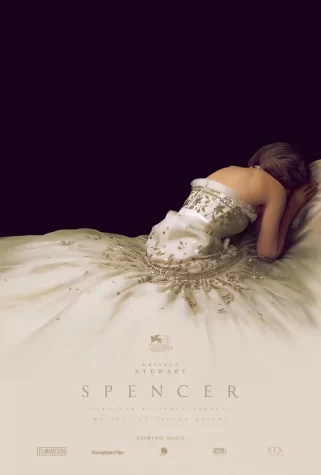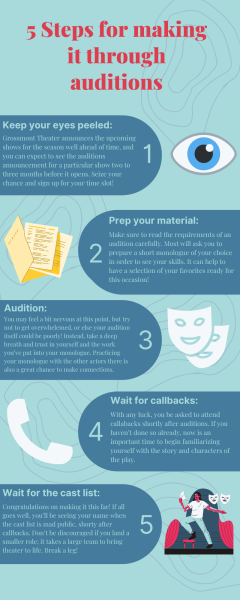“Spencer” Review: A Psychological Horror Biopic
The Pablo Larrain film takes a darker look at the Princess of Wales.
Many of Grossmont’s students likely weren’t around to witness the death of Princess Diana. It was one of the most notable events of the 1990s, shocking the entire world. The story of the former British royal has been told many times over through books, television, stage musicals and films.
The most recent retelling of her story is “Spencer,” a film by director Pablo Larrain and starring Kristen Stewart in the leading role. The film gained a lot of traction when it premiered at the Venice Film Festival earlier this year.
With tense string orchestrations and claustrophobic close-up shots of people’s faces, this film feels more like a psychological horror than a family drama. The story takes place over three days during the Christmas holiday at Sandringham Estate with the rest of the royal family. Following the reveal of Prince Charles’ affair with Camilla Parker-Bowles, the film shows Diana’s story as she attempts to claw her way out of the sinking pit of a failing marriage during the forced happiness of the holidays.

Without giving away too much, it’s safe to say that many moments in this film become eerie and dreamlike. The film starts out completely straight, but as the story goes along we start to see Diana’s cracking mental state through her own eyes. The story addresses some of the princess’ sad, self-destructive tendencies (something the royal family tried hard to sweep under the rug.)
In addition to following the drama of Charles and Diana’s marriage, the film shows how much she struggled with being part of the royal family. At a point in the film, Charles chastises Diana for accidentally leaving her curtains open, which led to a paparazzo catching her undressing. Diana brushes it off as not being a big deal, only to discover that someone sewed her curtains shut while she was out, completely closing her off from light and fresh air in her old, dusty bedroom. We see her struggle with not being able to dress herself, go for a simple drive, walk down the block or make herself a snack. Everything she does is observed, calculated and measured.
Stewart gave a good performance as the princess, but at times it felt like she was trying to do an impression instead of performing the character of the film. Some moments felt forced and insincere. However, other parts of the film felt honest, like you could really feel Diana’s sadness and struggle. It wasn’t necessarily a bad performance, but it was inconsistent.
This film has been given a very strong “For Your Consideration” campaign; it is shooting for Academy Awards in all the major categories. Is this an Oscar-worthy performance for Stewart? Maybe, maybe not. Is it worthy of a best picture award? Although the film is very well-made, it is filled with a lot of very artsy metaphors and symbolism, something that doesn’t really have mass appeal. Of course, mass appeal isn’t what makes a film best picture-worthy, but having a universal message is. The message of “Spencer” is quite meaningful, but it’s not told in the most clever or unique way.
If you’re already feeling anxious about having to see family during the holidays, then this movie might not be for you.
Your donation will support the student journalists of Grossmont College. Your contribution will allow us to purchase equipment and cover our annual website hosting costs.

Journalism major pursuing a career in live theater. Loves cats, “Alice in Wonderland” and entertainingly-bad movies.














